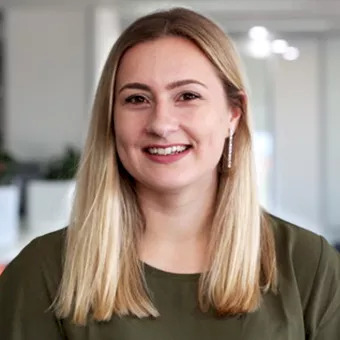3 property-buying options that aren’t the FHLDS
There’s been a lot of press recently about the commencement of the First Home Loan Deposit Scheme, but what if you aren’t eligible?

The First Home Loan Deposit Scheme provides a government guarantee for a home loan up to a certain value, obtained through a participating lender, with a deposit of just 5 per cent.
But for those Australians who aren’t able to access the scheme, or simply don’t want to, Bank Australia has provided three alternative options:
Option 1: Keep saving for 20 per cent
According to Bank Australia, an ideal deposit is 20 per cent – at least.
This is the amount you need to save for so you can avoid paying lender’s mortgage insurance (LMI).
As outlined by the bank, this is something that you pay to another company (the insurer) in the case that you can’t actually repay your mortgage.
The lower your initial deposit, the more the bank is lending you. Therefore, the riskier it is for the bank that you may not be able to repay the loan.
“Be prepared for this” is the bank’s advice – LMI is expensive!
Option 2: Get a 95 per cent loan with a 5 per cent deposit
It is actually possible to get a loan with a 5 per cent deposit, contrary to common knowledge.
But if you do choose this route, Bank Australia has warned that you will have to pay LMI.
“Banks and other lenders do allow 95 per cent loans, but they come with a few more rules than a loan value of 80 per cent,” it highlighted.
As noted before, it’s riskier – so you’ll be paying extra for it.
Option 3: Use a guarantor
Bank Australia has noted that a guarantor is someone who can guarantee the payment of your home loan if you are unable to pay it.
“Think of a guarantor as the bank’s backup plan. Having a guarantor also means you may avoid paying LMI,” it explained.
It is a big deal to have a parent, family member or friend agree to be a guarantor – they’re taking on the legal and financial risk of you not paying all or part of your loan.
It’s also a big deal because it isn’t an option that’s available to everyone.
The bank noted that the guarantor has to also own property because the equity in their home (that they own, not that is mortgaged) is the security for your loan.
It commented that some people don’t have anyone that they can rely on, even if they do know people who own property.
In conclusion, Bank Australia said: “What we’re trying to say is: if you do have a guarantor, consider yourself pretty darn lucky.”

